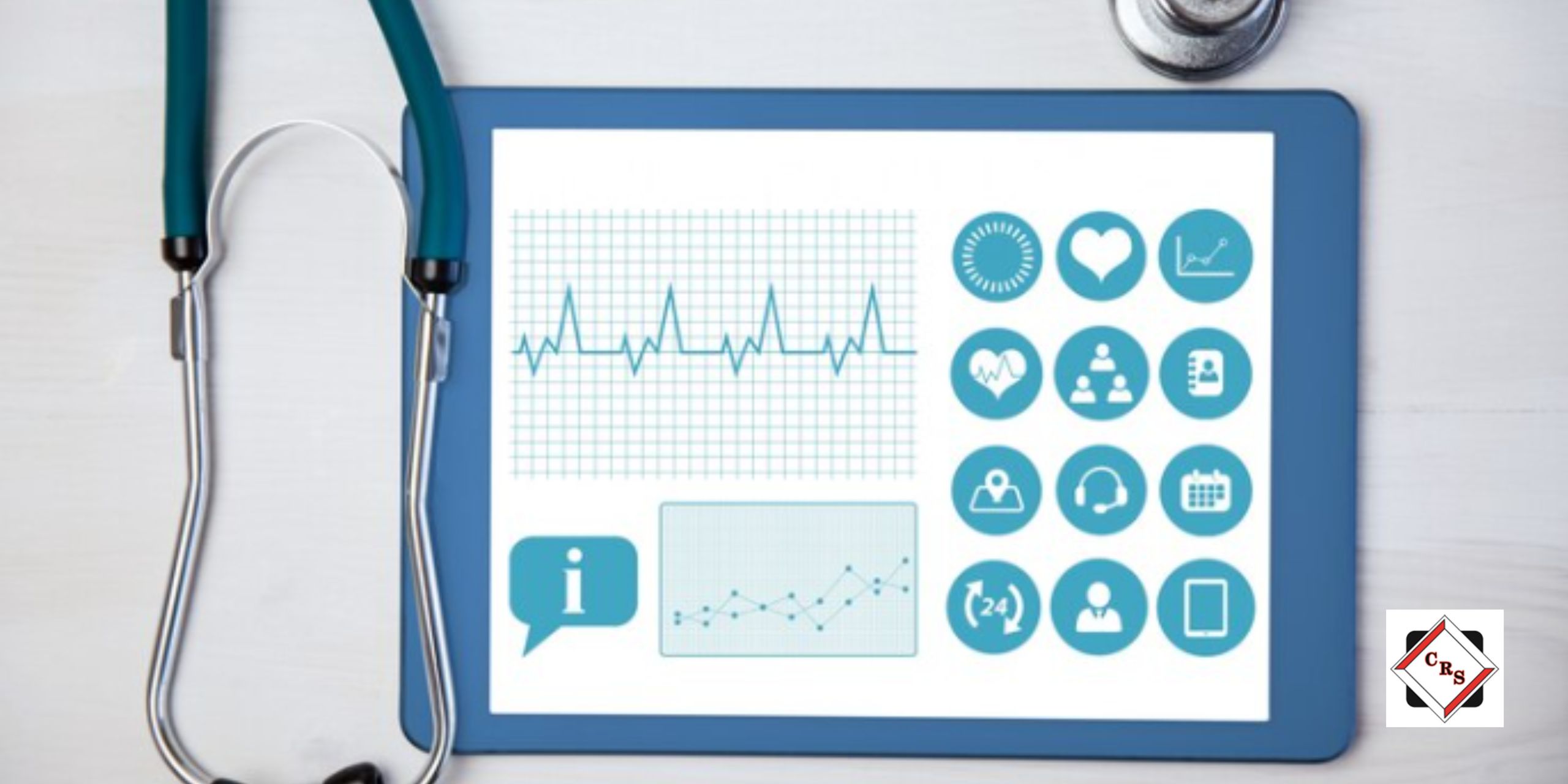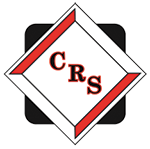Most healthcare organizations process a significant amount of data every day, mainly patient records. Managing this data is overwhelming; many hospitals or clinics seek ways to make it easier. Outsourcing data abstraction is a solution since one can leave the job of collecting and organizing data in the experts’ hands.
This blog will discuss the benefits of third-party data abstraction and why it makes sense to most healthcare providers.

Time Saved for Your Team
Handling patient data takes a lot of time. With hectic schedules, it can be challenging for doctors and nurses to find time for data entry. Outsourcing data abstraction in the healthcare setting allows such professionals to handle the data. This saves time from hectic data entry and enables the staff to perform what they do best: take care of patients.
These experts know how to gather the appropriate information, fill out the proper forms, and submit them in the proper places, which are hospital registries. Through remote data abstraction services, hospitals will not have to spend additional hours determining whether the data is correct or not.
Reduces Error in Data
It’s also vital that hospital reports be filled in accurately, especially those documents filed to the medical registry, such as the American Heart Association or NCDR. For errors made in these submissions, they would have problems like fines or fixing malfunctions.
Healthcare providers outsource other data abstraction, and it assists in increasing the accuracy of their data. This work is done by quite experienced experts whose work is known to these companies handling this work to know exactly what they are doing. Their work, therefore, tends to have fewer chances of errors that may lead to failing to meet some standards by hospitals.
For example, Cardiac Registry Support, one of the companies providing remote registry services, states that its data is over 97 percent accurate. In other words, the data they abstract is very reliable, and the hospital can trust it.
Saves Money
Having an in-house team to manage data is expensive. They have to pay for extra personnel, train them, and provide fringe benefits. It quickly adds up.
Outsourcing data abstraction helps cut the cost of hospital billing and collections since hospitals pay only for the services they require. Rather than engaging a full-time team to do the work, healthcare facilities can hire a company to do the job for them while they sit in their hospitals. This saves them a fortune, yet the results remain superior.
This is very helpful to small-scale hospitals or clinics, which could not otherwise afford a large data management team. By outsourcing, they can receive the same standard at a fraction of the cost.
Ease of Access to Experts
Clinical data management is not easy; a variety of knowledge about medical records, healthcare legislation, and registry rules is required. The majority of healthcare professionals are trained just to take care of patients, not the large volume of data.
When a hospital outsources data work, it automatically gains access to experts who are specialists in healthcare data handling. Those experts are well-versed in all rules and can ensure everything is done correctly.
At Cardiac Registry Support, their team has experience with over 25 different registries. This means they know how to work with a wide range of data, making them the best choice for hospitals that want accurate and reliable submissions.
Flexible and Can Grow With Your Needs
Hospitals or clinics often experience shifts in their data needs. For example, sometimes there is a sudden rise in patients, or perhaps new rules are introduced that demand greater detail in data submission. In trying to manage these changes while handling everything in-house, some difficulties will arise.
This way, facilities can scale down or scale up according to the needs required by outsourcing data abstraction.
Companies can provide more support when the workload is high.
When the workload is low, the hospital can scale its services down.
It allows hospitals not to worry about hiring or laying off employees because the needs will change.
Lets Staff Focus on Patient Care
Doctors, nurses, and other hospital staff enter the field to care for people, not to waste hours in front of a desk completing paperwork. Instead, data management often occupies most of their working hours and drives them to frustration or burnout.
When hospitals outsource data abstraction, their staff can focus more on quality patient care. This will not only improve patient care but also make healthcare workers happier in their jobs.
When employees have less paperwork to complete, employee morale rises, and burnout can be decreased, creating a happier workplace.
Helps Keep Data Safe and Meets Regulations
Health information is sensitive and needs special handling. Many stringent regulations protect patient information, such as HIPAA in the United States. Improper data handling may lead to penalizing a hospital or legal issues.
Healthcare facilities can outsource to a trusted provider so that the data they generate is safe from regulatory breaches. Reputable companies use encryption and other forms of security to protect patient information.
Cardiac Registry Support ensures that all data handled is subject to strict security protocols so hospitals do not have to worry about breaches or non-compliance.
Helps with Data Analysis
While it is critical to collect the data, more important is making sense of the data that has already been collected. To this end, healthcare providers must examine trends and patterns in their data to make informed decisions that may eventually improve patient care and hospital operations.
One of the added benefits of outsourcing data abstraction is that it often comes with data analysis for the companies. Companies such as Cardiac Registry Support are not just soliciting and submitting data; they’re also teaching health facilities about the data. They will give them reports about the most important insights so hospitals can find areas to improve, enabling them to make their decisions with data.
Conclusion
Healthcare providers will primarily benefit from data abstraction through outsourcing. It saves them time and reduces costs, and it ensures the accuracy and security of the data. For hospitals, not having to worry about data gives them room to focus on what matters —exceptionally rendered care for their patients.
For healthcare facilities looking for an effective business partner, companies like Cardiac Registry Support offer remote data abstraction services that can be tailored appropriately to fit their specifics. Any facility wishing to improve its data processes while focusing on patient care will do well with outsourcing.


